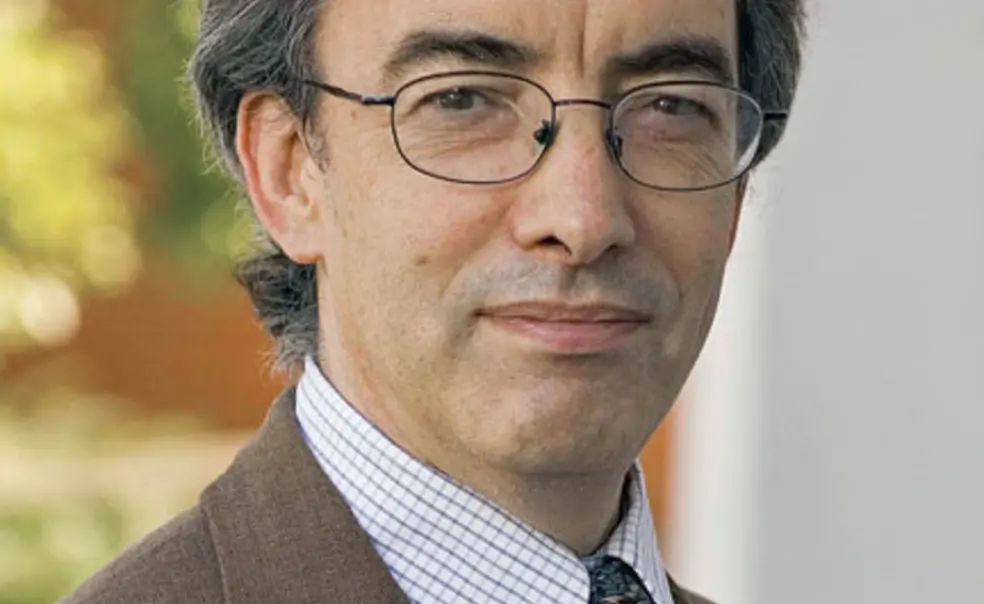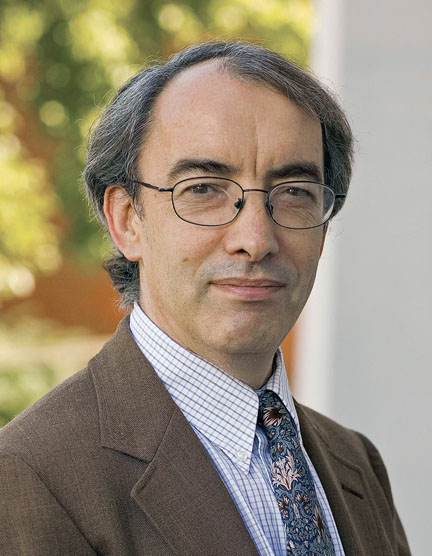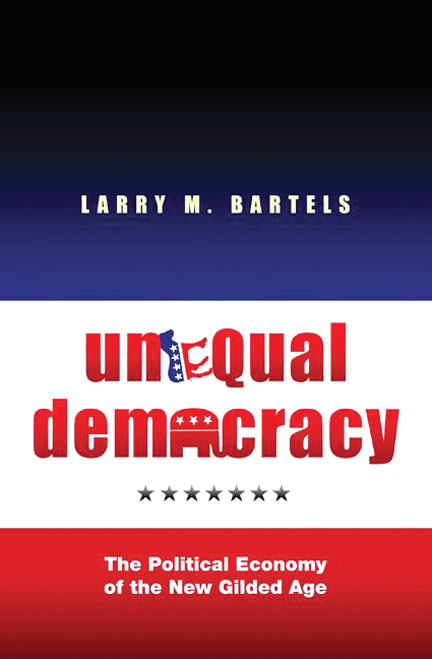Policies matter
Larry Bartels studies presidential influence on the gap between rich and poor
In a provocative new study, Unequal Democracy: The Political Economy of the New Gilded Age (Princeton University Press), Larry Bartels, professor of politics and public affairs, finds that the widening income gap between America’s rich and poor is not due simply to economic forces, but to policy choices in which the views of wealthy constituents count more than the views of the poor. The gap, he shows, has widened under Republican administrations and narrowed when Democrats were in office. Still, Bartels finds, Republicans lure lower-income voters by timing economic growth to take place in election years. In the book’s introduction, Bartels says he undertook the study as an “unusually apolitical political scientist” — to maintain his independence, he says, he has not voted since 1984. Bartels spoke with Maurice Timothy Reidy ’97.
How have presidents influenced the gap between rich and poor?
If you look at working-poor families, the average growth in real income under Democratic presidents has been six times what it has been under Republicans. But if you look at people near the top of the income distribution, their incomes have grown by about the same rate whether the president was a Republican or a Democrat.
One reason is that the traditional Republican economic emphasis has been more on controlling inflation, and worrying less about economic growth and especially the level of employment. The incomes of middle-class and poor people are more sensitive to fluctuations in employment and growth than they are to fluctuations in inflation. The fact that Democrats typically do better with respect to unemployment produces a big boost for middle-income and working-poor people. ... And the real value of the minimum wage tends to go up under Democrats and down under Republicans, which has a big impact on the incomes of lots of low-wage workers.
Can presidents really have such a dramatic effect on income? Aren’t the actions of Congress more critical?
From what I’m able to tell, there is an additional congressional effect, but it’s much smaller than the effect of the president. ... There are also external economic forces — globalization and shifts in technology and the like. I’m not arguing by any means that presidents are fully in charge of how people in any part of the income distribution are doing at any particular time. But policy choices have an important effect at the margins.
Low- and middle-income voters are a majority of the electorate, yet you say that U.S. economic policy favors the wealthy minority. Why is that?
Partly it seems to be due to a kind of myopia on the part of voters. Voters seem to be sensitive to what’s happening during the election year, rather than the incumbent’s entire economic performance. And the historical pattern has been that although income growth is greater for most families under Democratic presidents on average, it’s actually greater for most families under Republican presidents during presidential election years. Republicans have been much more successful at concentrating income growth in the period when it’s electorally beneficial. But this year that hasn’t happened. There doesn’t seem to be any election-year uptick in income growth, and John McCain will suffer at the polls as a result.














No responses yet